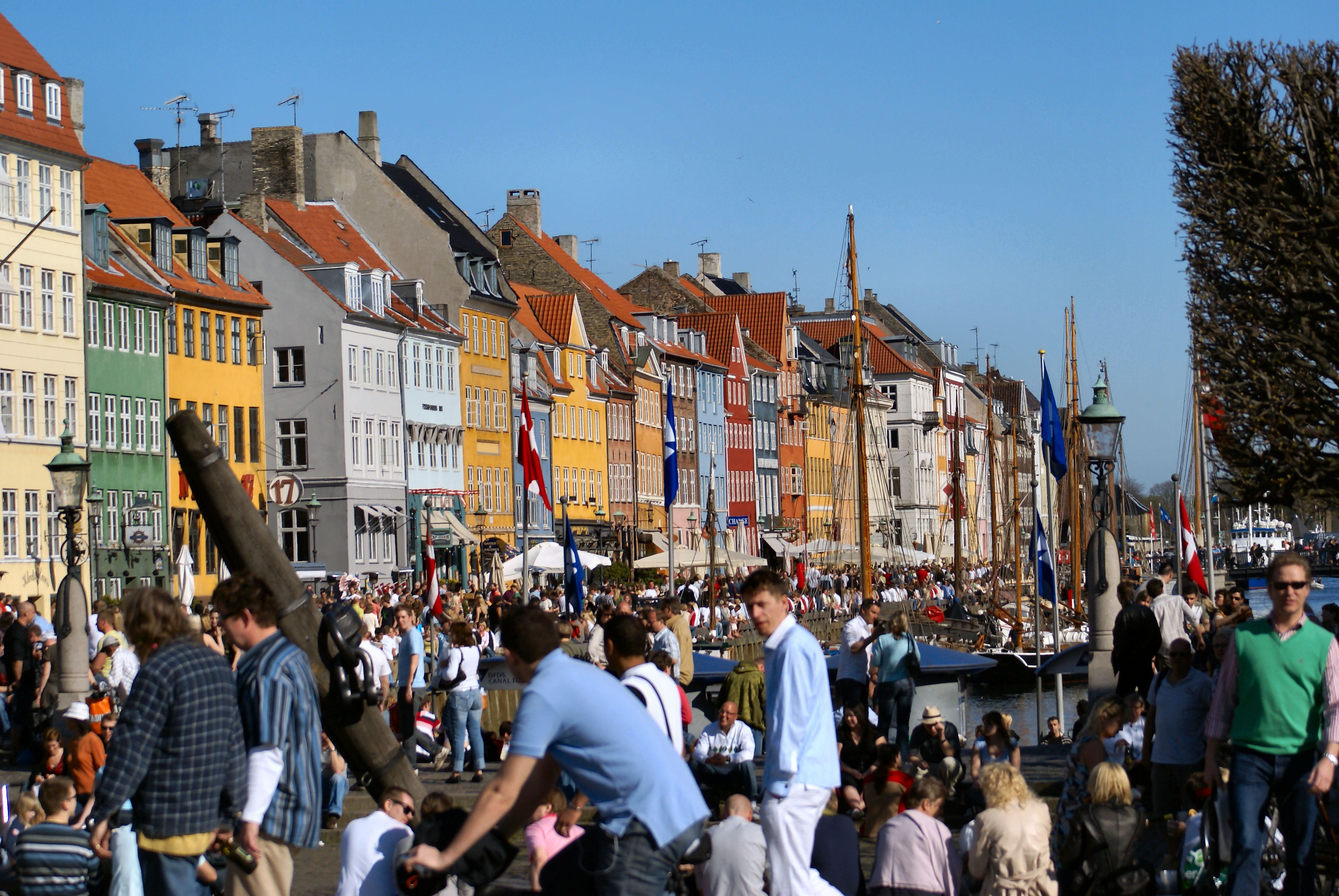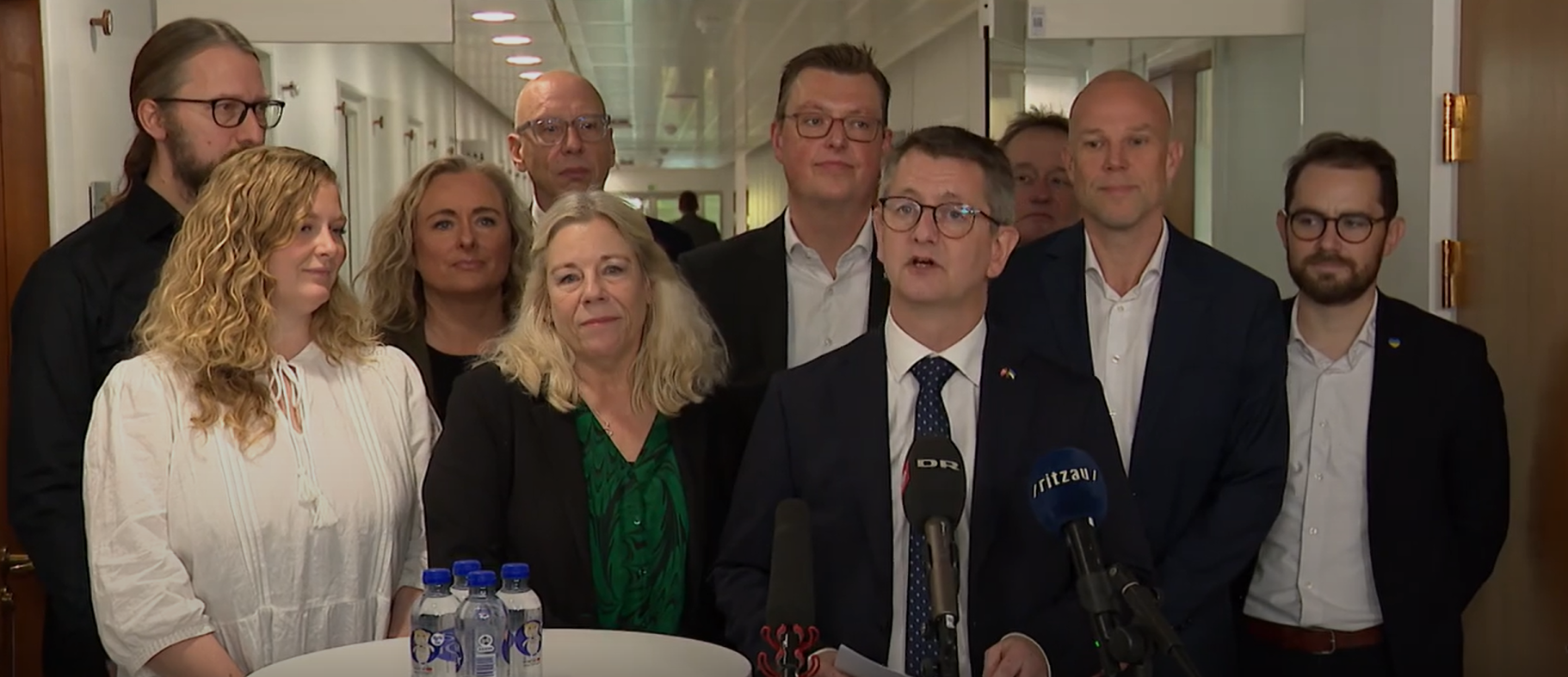After already being handed a sin tax on fat and bracing for a similar one on sugar, consumers could soon also be paying more to consume alcohol.
A proposal from the prime minister's Socialdemokraterne (S) to raise alcohol prices comes on the heels of a report by health institute Dansk Sundhedsinstitut indicating that local governments spend 3.1 billion kroner a year on issues relating to alcohol abuse.
A report by statistics bureau Danmarks Statistik shows that Danes drank 453 million litres of beer in 2010, down 26 percent from the 614 million litres they consumed in 2000. Spirits consumption has also declined, while wine drinking has increased.
But although consumption of beer and spirits has decreased steadily over the past six years, young Danes still drink more alcohol than any of their European counterparts. Health specialist Kit Broholm said that drinking was a part of the culture of the Nordic countries, and that influenced young people in the region.
“We know that young people who start drinking early are at a higher risk of developing alcohol abuse problems later in life,” Broholm told education journal Børn & Unge. “Higher prices, limited accessibility, age limits and similar societal messages are the most effective methods for reducing alcohol abuse.”
Christian Thulesen Dahl (Dansk Folkeparti) attacked the price increase as another attempt by the government to use taxes to dictate people's behaviour.
“We obviously don't want young people to drink as much as they do,” Dahl said. “But Socialdemokraterne’s knee-jerk tax increases as their response to everything is an overreaction. Just last year we raised the age limit to buy alcohol as a way to curtail young people's drinking."
The ongoing discussion about alcohol prices has also had another effect. Danes are flocking to supermarkets just south of the German border to buy their beer and wine in bulk, according to Mike Simonsen, the managing director the Fleggaard chain of stores in Germany.
“All the hype in the news is definitely positive for us,” Simonsen told Berlingske newspaper. “My price compared with the Danish market is as it has always been, around 20 to 25 percent cheaper. Now people are beginning to realise this.”
Sophie Hæstorp Andersen, health issues spokesperson for S, indicated that the enforcement of the age limit and the lower German prices are just some of the issues the party is looking into.
This is not the first time the government has increased the price of alcohol. As part of a series of measures that came into effect on January 1 of last year, the price of beer in Denmark increased by 3.3 percent. At the same time, the age limit was also raised to 16 to purchase beer and 18 for spirits.











